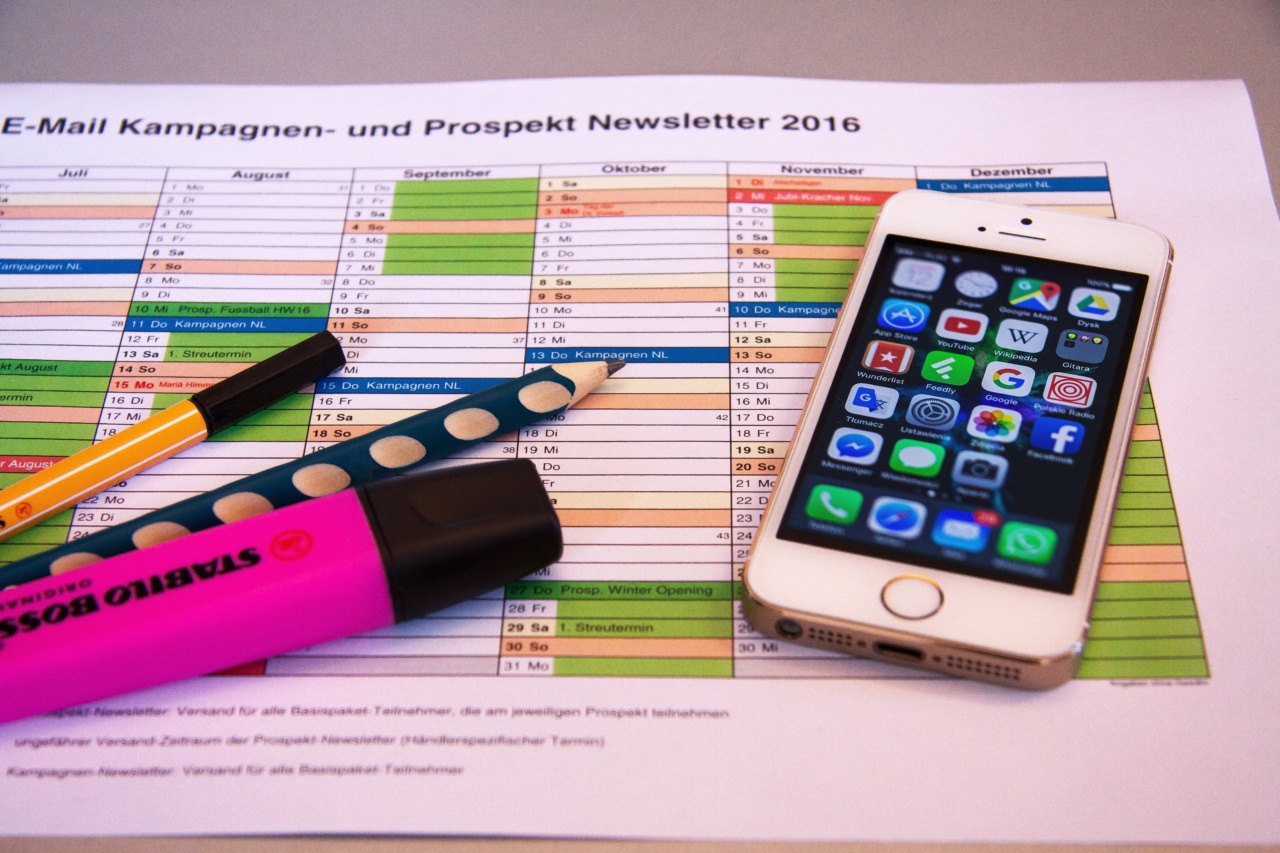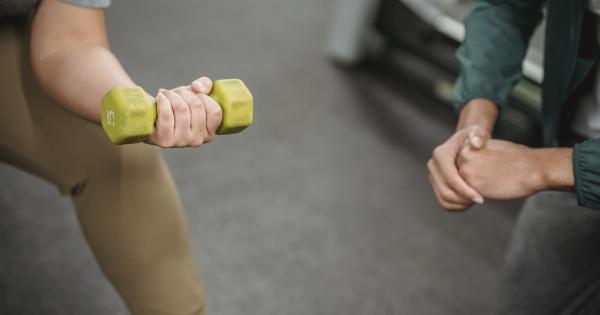Incontinence is a common condition that affects millions of people worldwide. It can be embarrassing and affect one’s quality of life. Incontinence occurs when a person loses control of their bladder or bowel movements.
This can be caused by a variety of factors such as age, pregnancy, childbirth, menopause, prostate problems, neurological disorders, certain medications, and more. Fortunately, there are tips and tricks that you can use to overcome incontinence. This article will provide you with some of these tips and tricks for complete control of your bladder and bowel movements.
Tip 1: Keep a Diary
Keeping a diary of your bladder or bowel movements can help you understand your incontinence better.
Write down how often you go to the bathroom, how much urine or feces you release, what you were doing when you had an accident, and the foods and drinks you consumed that day. This information can help you identify patterns and triggers. For example, you may notice that you need to urinate more frequently after consuming caffeine or that certain physical activities trigger your incontinence.
Armed with this information, you can make lifestyle adjustments to reduce or prevent accidents.
Tip 2: Do Kegel Exercises
Kegel exercises are a type of exercise that targets the muscles that control your bladder and bowel movements. They involve contracting and relaxing your pelvic floor muscles.
To do Kegel exercises, tighten your pelvic floor muscles as if you are trying to stop the flow of urine or gas. Hold the contraction for 5-10 seconds, then relax for the same amount of time. Do this exercise at least three times a day. Over time, you should notice an improvement in your bladder and bowel control.
Tip 3: Manage Your Fluid Intake
Managing your fluid intake can help you control your bladder and bowel movements. Drink enough fluids to stay hydrated, but don’t drink too much or too quickly.
Drinking too much can cause your bladder to fill up quickly and increase your urge to go to the bathroom. Drinking too quickly can overwhelm your bladder and lead to accidents. Avoid caffeine, alcohol, and acidic drinks like citrus juices, as these can irritate your bladder and trigger incontinence.
Tip 4: Wear the Right Clothes
The clothes you wear can affect your incontinence. Wear loose-fitting clothes that do not put pressure on your abdomen or groin. Tight clothes can put pressure on your bladder and bowel, making it harder to control your urine or feces.
Avoid clothes that are difficult to remove, such as tight pants or multiple layers. Wear clothes that are easy to take off, such as elastic waistbands or zippered pants. If you need to wear pads or incontinence underwear, make sure they fit properly and don’t bunch up.
Tip 5: Use the Bathroom Regularly
Using the bathroom regularly can help you stay in control of your bladder and bowel movements. Go to the bathroom at regular intervals, such as every two hours. This can help you prevent accidents and reduce the urgency to go.
When you do go, take your time and make sure you empty your bladder or bowel completely. You may also want to use double voiding, which involves going to the bathroom, waiting a few minutes, and then going again to make sure your bladder is completely empty.
Tip 6: Practice Deep Breathing
Deep breathing can help you relax and reduce stress, which can exacerbate incontinence. Practice deep breathing exercises regularly to reduce your stress levels and improve your bladder and bowel control.
Sit or lie down in a comfortable position and take deep, slow breaths. Inhale deeply through your nose and exhale slowly through your mouth. Repeat this exercise for at least 10 minutes a day.
Tip 7: Seek Professional Help
If you are struggling with incontinence, it is important to seek professional help. Your doctor can diagnose the underlying cause of your incontinence and provide you with appropriate treatment options.
They may recommend medications, surgery, or other interventions to help you manage your incontinence. In some cases, physical therapy, biofeedback, or electrical stimulation may be helpful. Don’t be afraid to ask for help – incontinence is a common condition and there are many treatment options available.
Tip 8: Use Relaxation Techniques
Relaxation techniques can also help you manage your incontinence. Try yoga, meditation, or other relaxation techniques to reduce your stress levels and improve your bladder and bowel control.
These techniques can help you calm your mind and body and reduce the urgency to go to the bathroom. Practice them regularly to see the best results.
Tip 9: Use Absorbent Products
If you experience frequent accidents, you may want to consider using absorbent products, such as pads, liners, or incontinence underwear.
These products can help you manage your incontinence more effectively and give you the confidence to go about your daily activities without worry. There are many absorbent products available on the market, so be sure to choose the ones that are right for you.
Tip 10: Stay Positive
Finally, it is important to stay positive and maintain a good attitude about your incontinence. Incontinence can be difficult to manage, but it is important to remember that you are not alone.
Many people experience incontinence at some point in their lives, and there are many treatment options available. Stay positive, seek help when you need it, and don’t be afraid to try new things to improve your bladder and bowel control.































